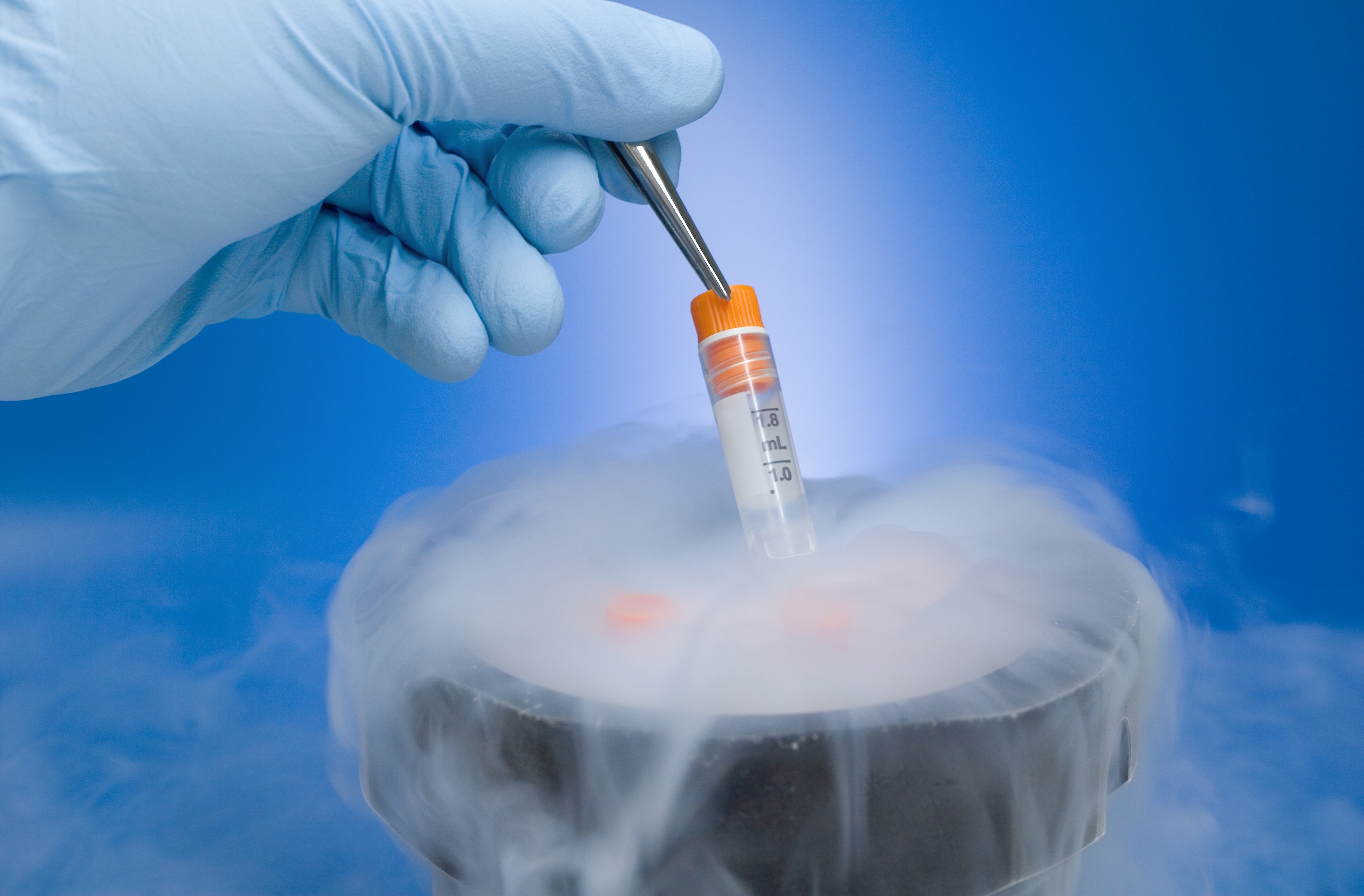
University of Southern California researchers have recently created a polio vaccine that requires no refrigeration, allowing it to potentially be used around the world to eradicate the disease. The vaccine is an injectable that has been freeze-dried into a powder, allowing it to be stored at room temperature for four weeks before being rehydrated for use.
In a study published in the November 27th issue of mBio, researchers found that this freeze-dried vaccine gave mice full protection against the polio virus.
“Stabilization is not rocket science, so most academics don’t pay much attention to this field,” said author Woo-Jin Shin, who is a fellow in the lab of Jae Jung, chair of the Department of Molecular Microbiology and Immunology at the Keck School of Medicine of USC. “However, no matter how wonderful a drug or vaccine is, if it isn’t stable enough to be transported, it doesn’t do anyone much good.”
READ MORE: Threats to oral polio vaccine acceptance in Somalia: Polling in an outbreak
With 22 reported cases of polio worldwide in 2017, the disease is very close to global eradication. This lifelong paralyzing disease that was once prevalent is rarely seen in first world countries now, however, the disease still poses a risk for young children in other countries with less prevalent vaccinations.
One of the biggest barriers to full elimination of the polio disease has been creating a stable vaccine. The preexisting vaccine was challenging to distribute to many third world countries lacking ample refrigeration being that elevated temperatures destroyed its integrity. Countries with recent polio cases reported include Nigeria, Papua New Guinea, Syria, and Pakistan.
READ MORE: New Cancer Vaccine is 100% Effective in Mice With Aggressive Melanoma
In the United States, rather, the polio epidemic peaked in the 1950’s, with mass immunization in 1957 bringing the annual case number down to 5,600 from 58,000. No reported cases have been seen in the United States since 1979.
Similar vaccines have been created by eliminating moisture via freeze-drying, such as those for typhoid, measles, and meningococcal disease. The polio vaccine was particularly challenging to preserve via freeze-drying, being that previous attempts could not retain potency after rehydration. With this vaccine generated by USC researchers, it appears that this challenge has finally been met.
Through use of liquid chromatography and high-throughput screening, Shin and his team were able to assay a high volume of reagents and vaccine components until they eventually arrived at one that worked.
Jung aspires to find a third-party to take over the project to provide funding for vaccine studies in humans, ultimately bringing their freeze-dried vaccine into the market.
READ MORE: Threats to oral polio vaccine acceptance in Somalia: Polling in an outbreak
Other authors of the study include Daiki Hara and Jae Jung of the Keck School of Medicine, as well as Francisca Gbormittah, Hana Chang and Byeong Chang of Integrity Bio Inc. Integrity Bio is a research company that specializes in medicines made from components of living organisms.
The conception of partnership between these groups began three years ago during a dinner, where Jung and Chang, Jung’s college friend and CEO at Integrity Bio, decided to bring together Jung’s expertise in epidemiology and Chang’s knowledge of stabilization. Chang paid off Shin’s salary, and Jung provided materials.
“He and I decided to do this as we are getting old and we need to directly contribute to human health and life,” said Jung. “Creative ideas always start with food and drinks.”
The injectable vaccine, which was freeze-dried into a powder, kept at room temperature for four weeks and then rehydrated, offered full protection against the polio virus when tested in mice.#Polio | #Vaccine | #LifeScience via @Parma_Report https://t.co/gCr72SkTda
— Fraser Dove International (@FraserDoveInt) November 28, 2018
Sources: EurekAlert, mBio







 © 2025 Mashup Media, LLC, a Formedics Property. All Rights Reserved.
© 2025 Mashup Media, LLC, a Formedics Property. All Rights Reserved.